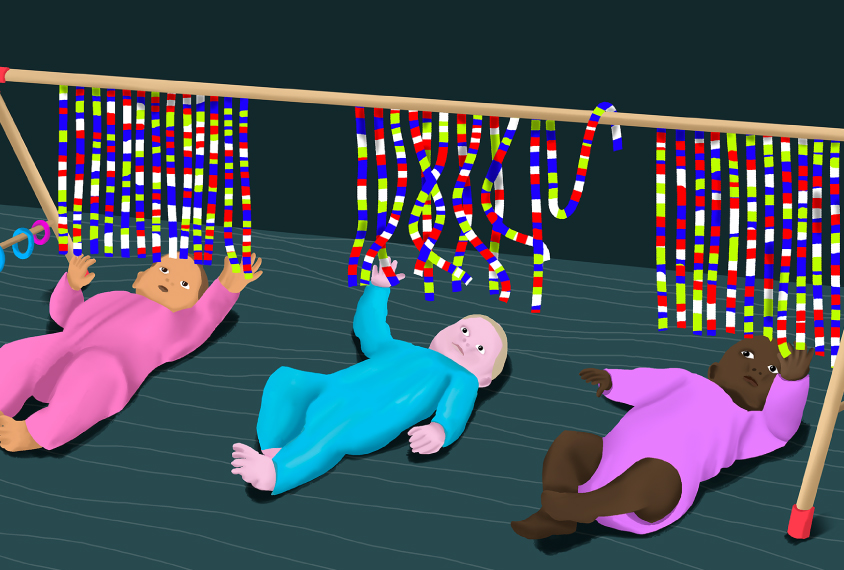Mustafa Sahin is professor of neurology at Harvard University and director of the Translational Neuroscience Center at Boston Children’s Hospital.
Mustafa Sahin
Professor
Harvard University
From this contributor
Studies of tuberous sclerosis may shed light on biology of autism
Tuberous sclerosis provides a unique opportunity to understand autism because about half of people with that single-gene condition also have autism.

Studies of tuberous sclerosis may shed light on biology of autism
Insights for autism from tuberous sclerosis complex
Studying tuberous sclerosis provides researchers with a unique opportunity to find a common pathway among the various genetic causes of autism, says neurologist Mustafa Sahin.

Insights for autism from tuberous sclerosis complex
Explore more from The Transmitter
Neuro’s ark: Spying on the secret sensory world of ticks
Carola Städele, a self-proclaimed “tick magnet,” studies the arachnids’ sensory neurobiology—in other words, how these tiny parasites zero in on their next meal.

Neuro’s ark: Spying on the secret sensory world of ticks
Carola Städele, a self-proclaimed “tick magnet,” studies the arachnids’ sensory neurobiology—in other words, how these tiny parasites zero in on their next meal.
Autism in old age, and more
Here is a roundup of autism-related news and research spotted around the web for the week of 2 March.

Autism in old age, and more
Here is a roundup of autism-related news and research spotted around the web for the week of 2 March.
Lack of reviewers threatens robustness of neuroscience literature
Simple math suggests that small groups of scientists can significantly bias peer review.

Lack of reviewers threatens robustness of neuroscience literature
Simple math suggests that small groups of scientists can significantly bias peer review.